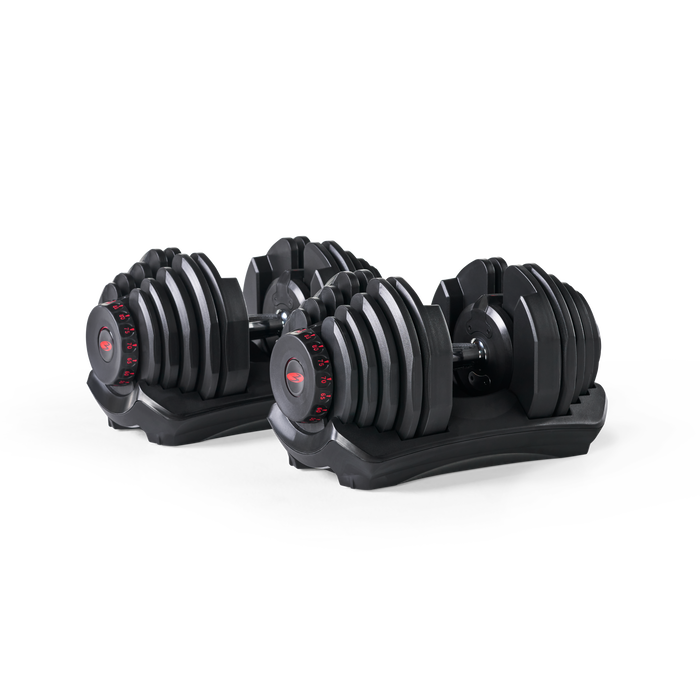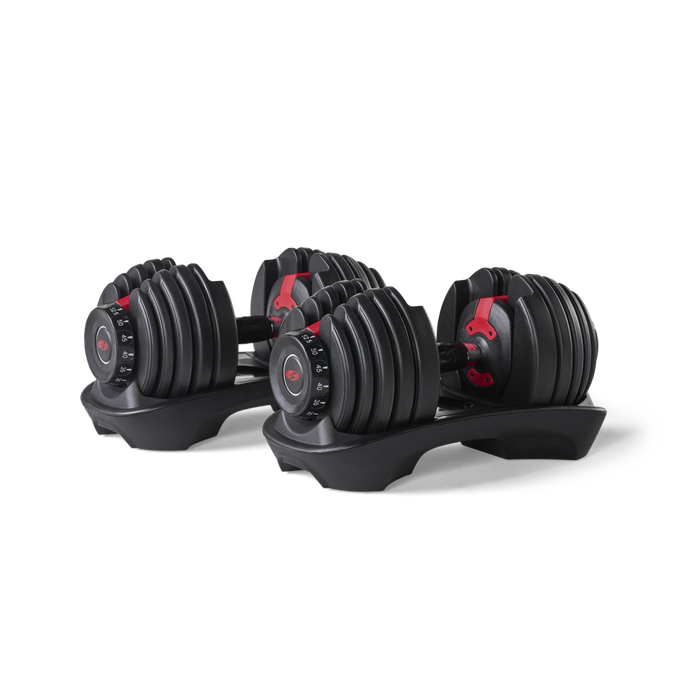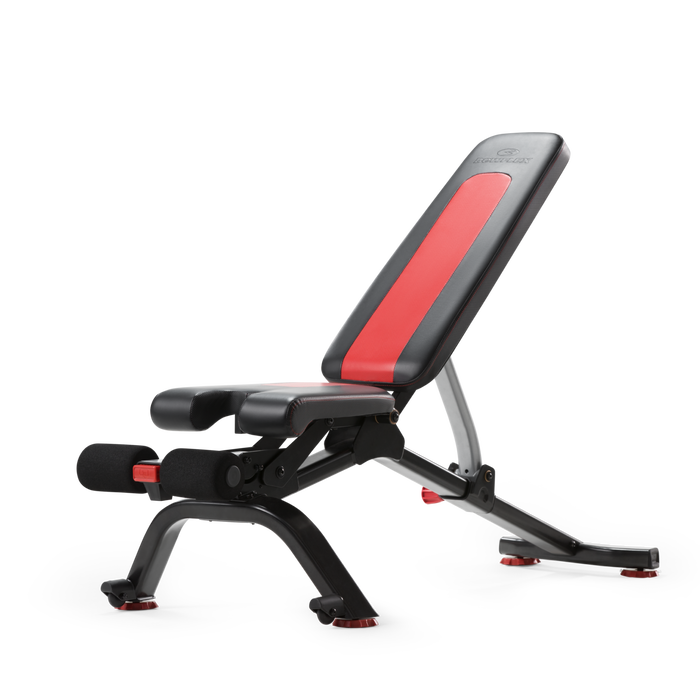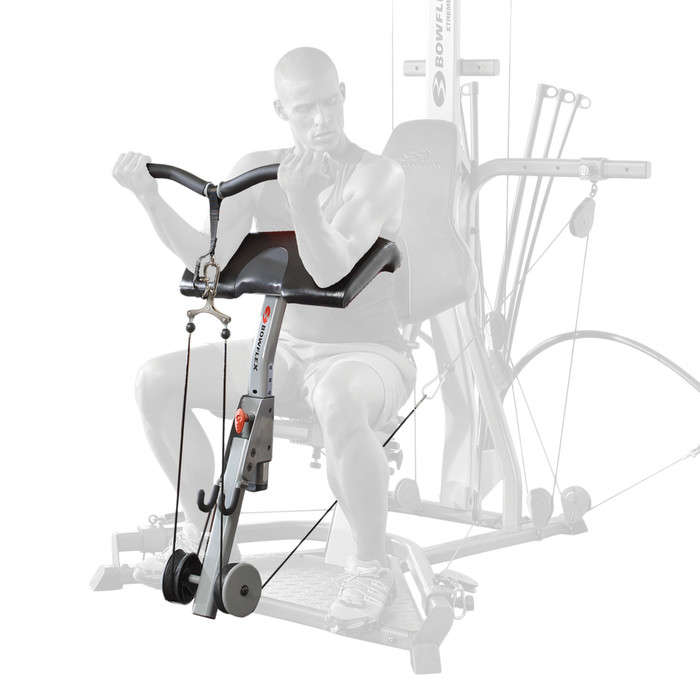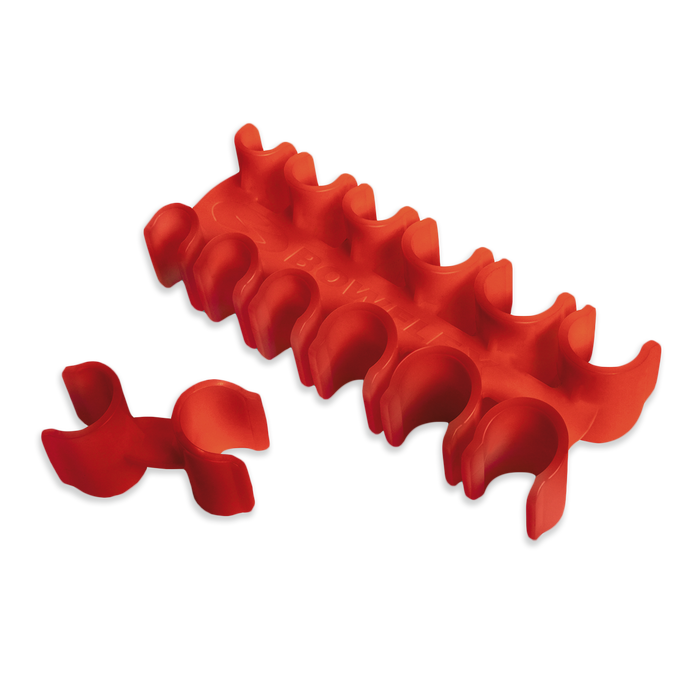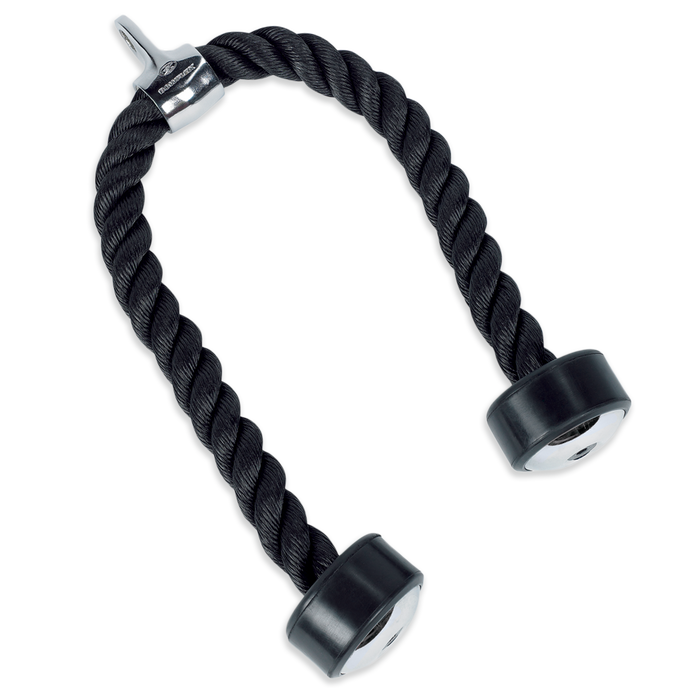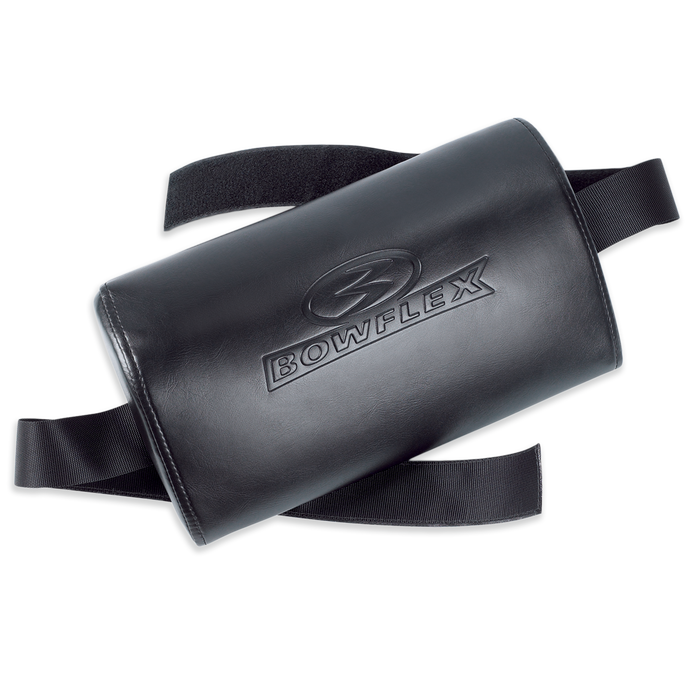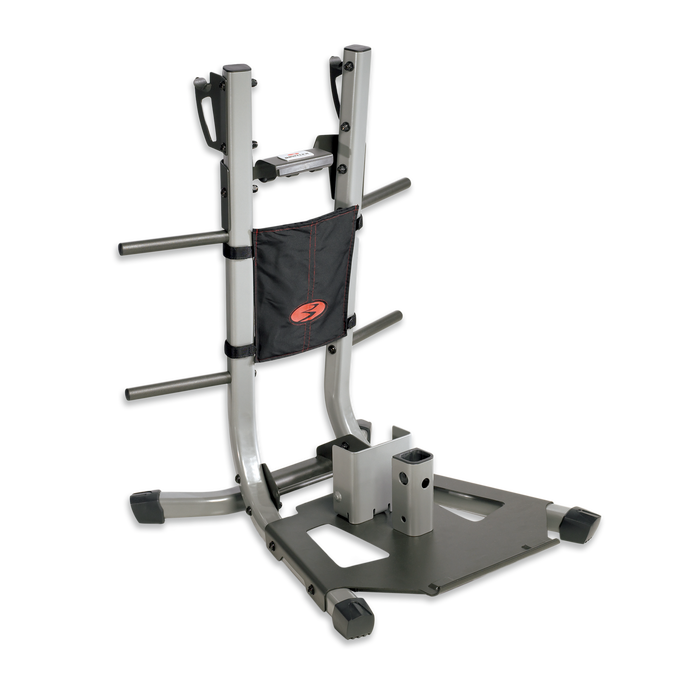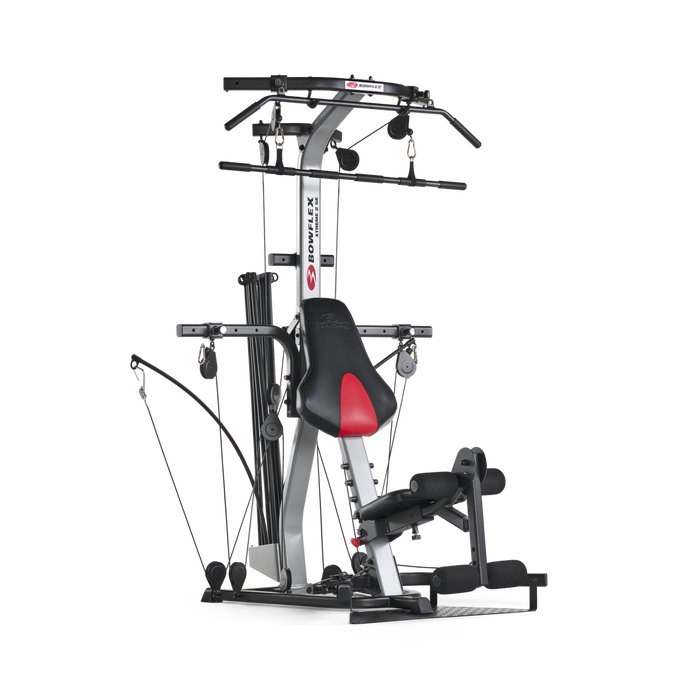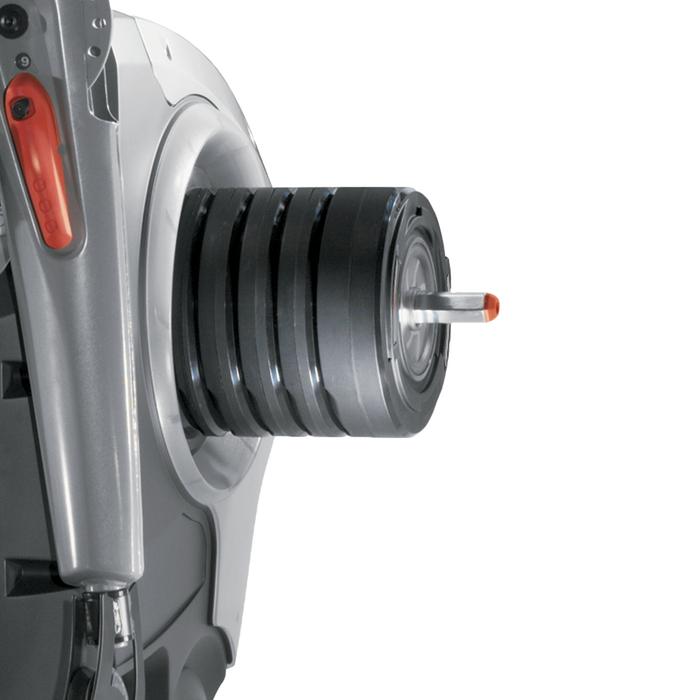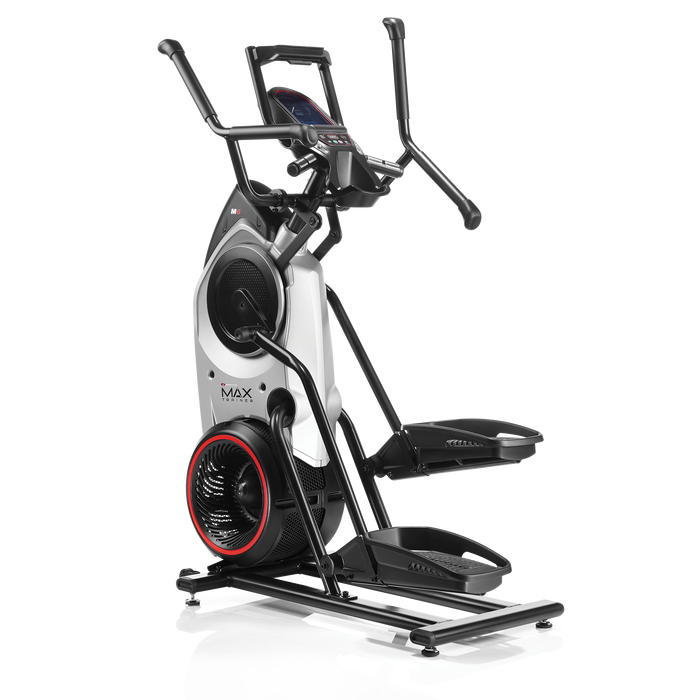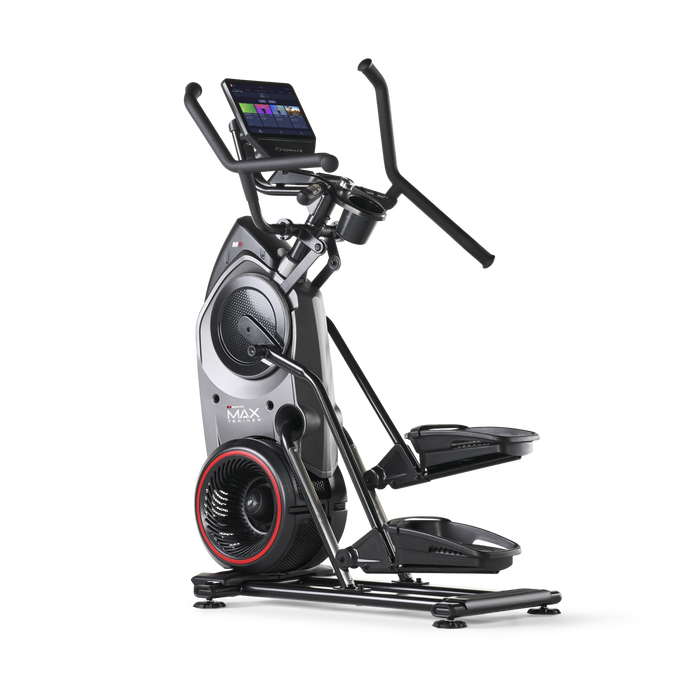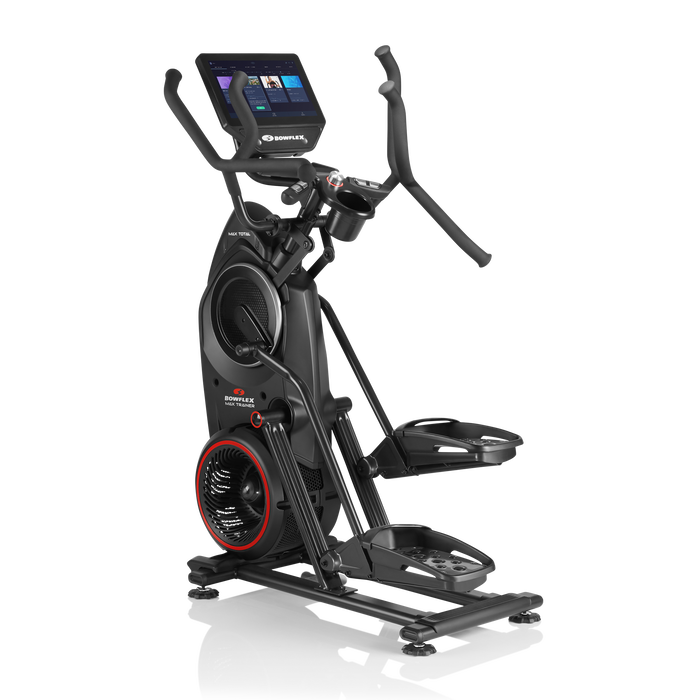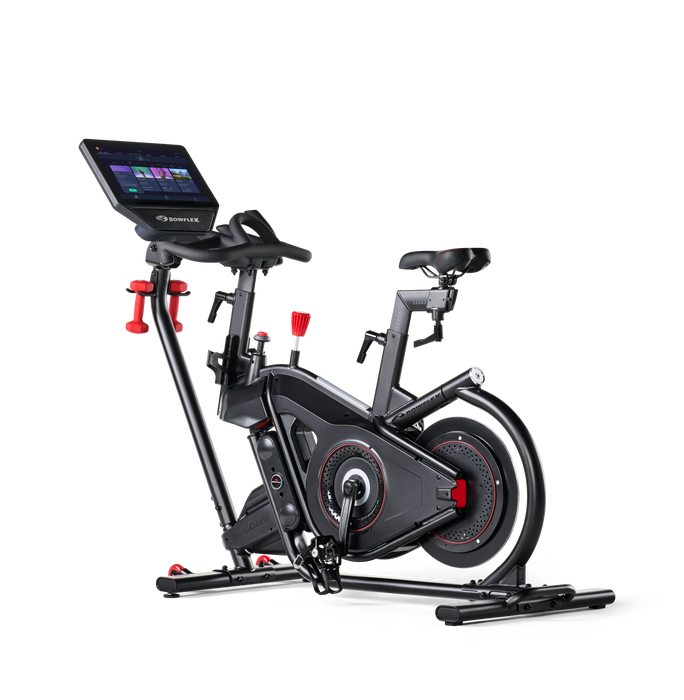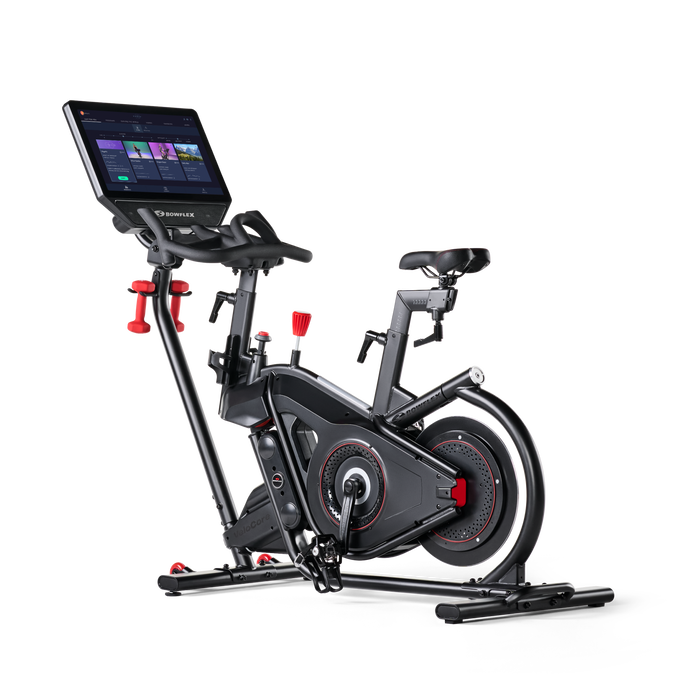4 Quick Tips to Help You Start Exercising Again

A little over three months have passed since the start of the new calendar year and it’s time for a check-in. How are your fitness goals for the new year going?
At the start of the new year, it’s common for gyms to be packed with New Year’s resolutions goers. According to a 2020 New Year’s Resolutions study conducted by YouGov, exercising and sticking to a healthy diet are the most common resolutions people make. However, starting or even getting back into a consistent workout routine is a daunting task and over half of those who set New Year’s resolutions give up within the first month. If this is where you find yourself now, it’s okay!
There are many reasons for not following through on workout resolutions, such as not having extra time to spare, being unsure of proper workout techniques, or the fear of starting again after taking a break. However, it’s never too late to start again, again.
Working out provides physical gains over time, reduces the risk of heart disease, helps mitigate anxiety/stress, and enhances energy to focus more on tasks. Engaging in physical exercise also allows you to connect more with the world around you and live a healthier lifestyle. Even if you feel challenged by a workout plateau, it is possible to get back into a consistent workout routine, or even start a new one that will last. Here are some simple tips and tricks that will help your new fitness goals stick.
See a Doctor
No matter how long it's been since your last workout, whether that’s six months or six years, it is important to check in with a trusted healthcare provider. Consulting with a doctor helps ensure that you are not at risk of injury while working out and do not have any pre-existing health conditions. Risk factors to look out for before starting a targeted exercise program, as listed by the Mayo Clinic, include heart disease, type 1 or type 2 diabetes, kidney disease, arthritis, cancer treatment regimen, or high blood pressure.
Listen to Your Body’s Needs
During exercise, your body loses fluids while sweating, so it's essential to replace the lost fluids by staying hydrated. Dehydration inhibits our mind and body functions, so you should make sure to drink water before, after and while working out. In addition, it's easy to overlook the importance of stretching before and after starting a workout. However, according to the California Rehabilitation Sports Performance Center, stretching helps prepare your body for exercise by loosening up muscle joints which allows for a high-intensity workout, and will also help decrease the risk of injury. Lastly, to see results after starting a new workout regimen, your routine needs further supplementation with a healthy and well-balanced diet.
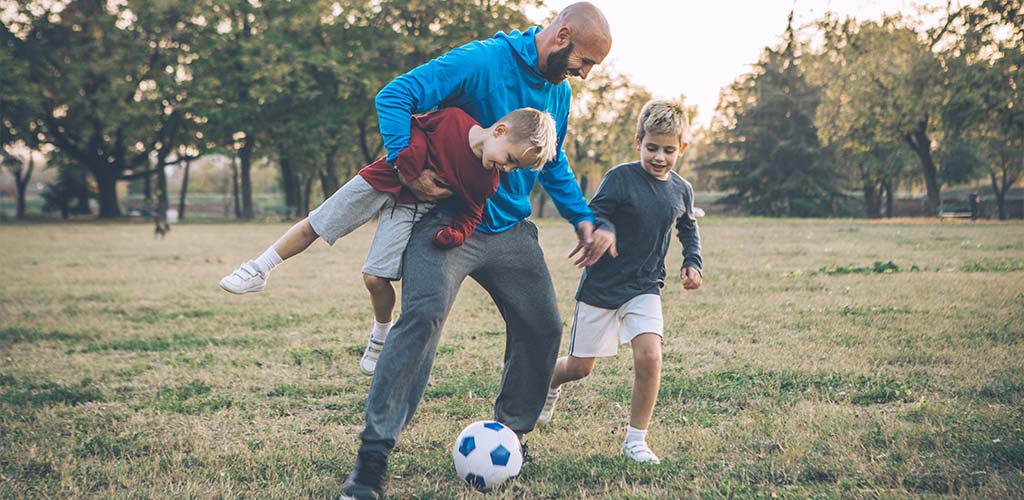
Find your “Why”
People have different reasons for exercising, such as keeping up with their kids and being a positive role model, improving physical or mental health, better sleep, or gaining body positivity and confidence. Whatever your reason, it needs to be one that holds you accountable to sticking with a consistent workout schedule.
Start Small
By gradually increasing your workout duration and staying consistent, your body will build endurance and exercising will become easier over time. To help you get started, we’ve provided a few examples of accessible beginner workouts that are both time-efficient and use multiple muscle groups.
- Squat with Stability Ball
- Standing Push-Ups
- Standing Crunches
- Burpees for Beginners
- Planks for Beginners
- Squats for Beginners
- Deadlifts For Beginners
- Lunges for Beginners
- Bench Press for Beginners
You may also like:
Fit Tip: A Beginner's Guide to Working Out


